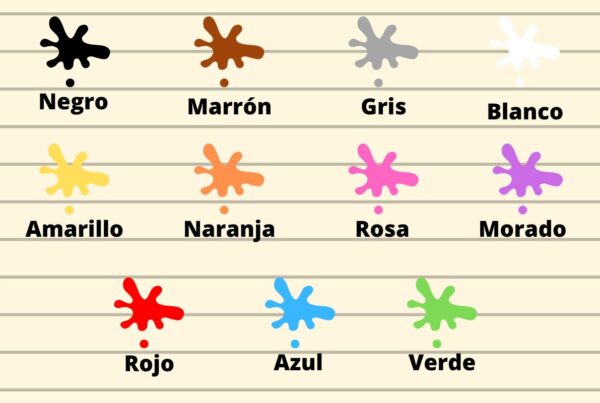Learn Spanish language is complicated due to flexible syntax and multiple ways of referring to a concept.
Of course, mastering Spanish is not only satisfactory, but it opens the doors to communicate in the 2nd most spoken language in the world, and predominant in America.
Knowing even a few Spanish phrases is really useful if you’re learning Spanish or planning to visit a Spanish-speaking country. Even more so if you’re living in such a country.
From Escuela de Idiomas Nerja, a Spanish academy in Malaga, located in Nerja, Spain, we help you learn this basic vocabulary in our escuela de español.
How to Say Good Morning in Spanish
Good morning = Buenos días
Now if you want to greet someone, saying good morning is a good option until lunchtime. And it is that in Spain lunch is taken as a reference, which takes place between 1 and 3 pm.
Regarding grammar, “buenos días” has no feminine meaning. The use in a phrase would be: “Buenos días, John” or “En España, se dan los buenos días hasta la hora de comer”.
Meanwhile:
Good afternoon = Buenas tardes
Good night / Good evening = Buenas noches
How to Say Hello in Spanish
Hello = Hola
Saying “Hola” is an informal way to say hello at any time. It is valid both for an impromptu conversation or between friends and family and for chatting.
Its use in a phrase would be:”Hola, Katherine” o “Siempre es mejor decir hola en la escuela y saludar que parecer maleducado”.
How to Say Hi in Spanish
Hi = Hola
In Spanish there is no difference for Hello or Hi, since both mean the same thing. Therefore, the use is maintained, and can be used at any time of the day.
Morning in Spanish
Morning = mañana
In Spanish to say morning is to refer to the morning within the same day, since in Spanish, to refer to tomorrow as a measure of time is tomorrow.
Other terms in Spanish: Numbers in Spanish, Days of the week in Spanish

















